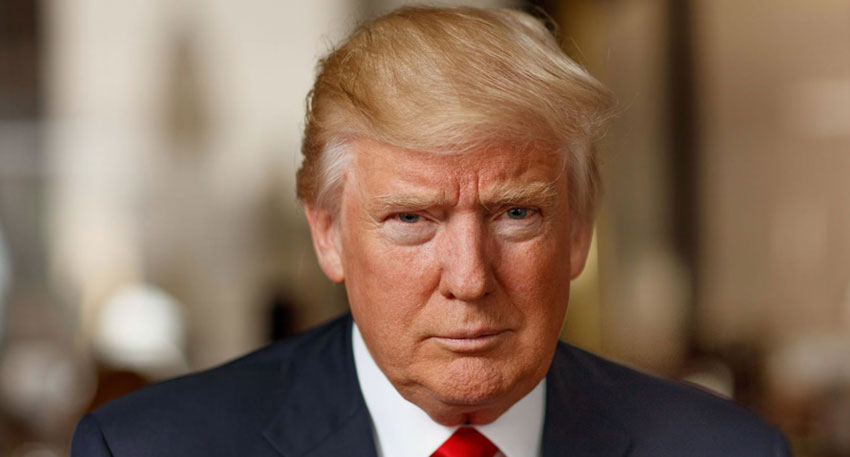
US President Donald Trump said the United States is trying to take back Bagram Air Base in Afghanistan, a large military site the US gave up during its withdrawal in 2021.
He made this statement during a joint press conference with UK Prime Minister Keir Starmer in England on Thursday.
Trump, currently on an official state visit to the UK, called Bagram “one of the biggest airbases in the world.”
He added that it’s very close to China’s nuclear weapons facilities, making it important for US security.
“We gave it away for nothing,” Trump said. “We’re trying to get it back.”
Bagram Air Base was a major hub for US military operations during the 20-year war in Afghanistan.
After the withdrawal, Afghan forces took over, and then the Taliban assumed control shortly afterward.
Trump and Starmer Sign Major Tech Deal:
Earlier the same day, Trump and Starmer signed a major technology agreement between the US and the UK.
Starmer called it “the biggest investment package of its kind in British history.” The deal will boost work on artificial intelligence, quantum computing, and nuclear energy.
Trump called the US-UK relationship an “unbreakable bond” and praised the agreement as “very big.”
It includes £150 billion ($205 billion) in investment from US companies like Google, Microsoft, and Blackstone.
Trump and Starmer Disagree on Palestine:
The two leaders had a small disagreement on one issue, the recognition of a Palestinian state.
Trump said he doesn’t support recognizing it right now, while Starmer said he plans to do so soon as part of a path to peace in the Middle East.
Also Read: Trump to file $15 billion defamation lawsuit against New York Times
Starmer clarified that the timing of the decision had “nothing to do with this state visit,” and both leaders agreed that a peaceful solution in Gaza is urgently needed.
This visit shows that US-UK relations remain strong, especially in tech and security cooperation.
Trump s push to reclaim Bagram suggests a new US approach to China’s growing power in the region.
Meanwhile, their split over Palestine highlights a wider global debate about how to handle the Middle East crisis.
The tech deal also signals that both nations are focused on future technologies and energy, aligning business with diplomacy.




